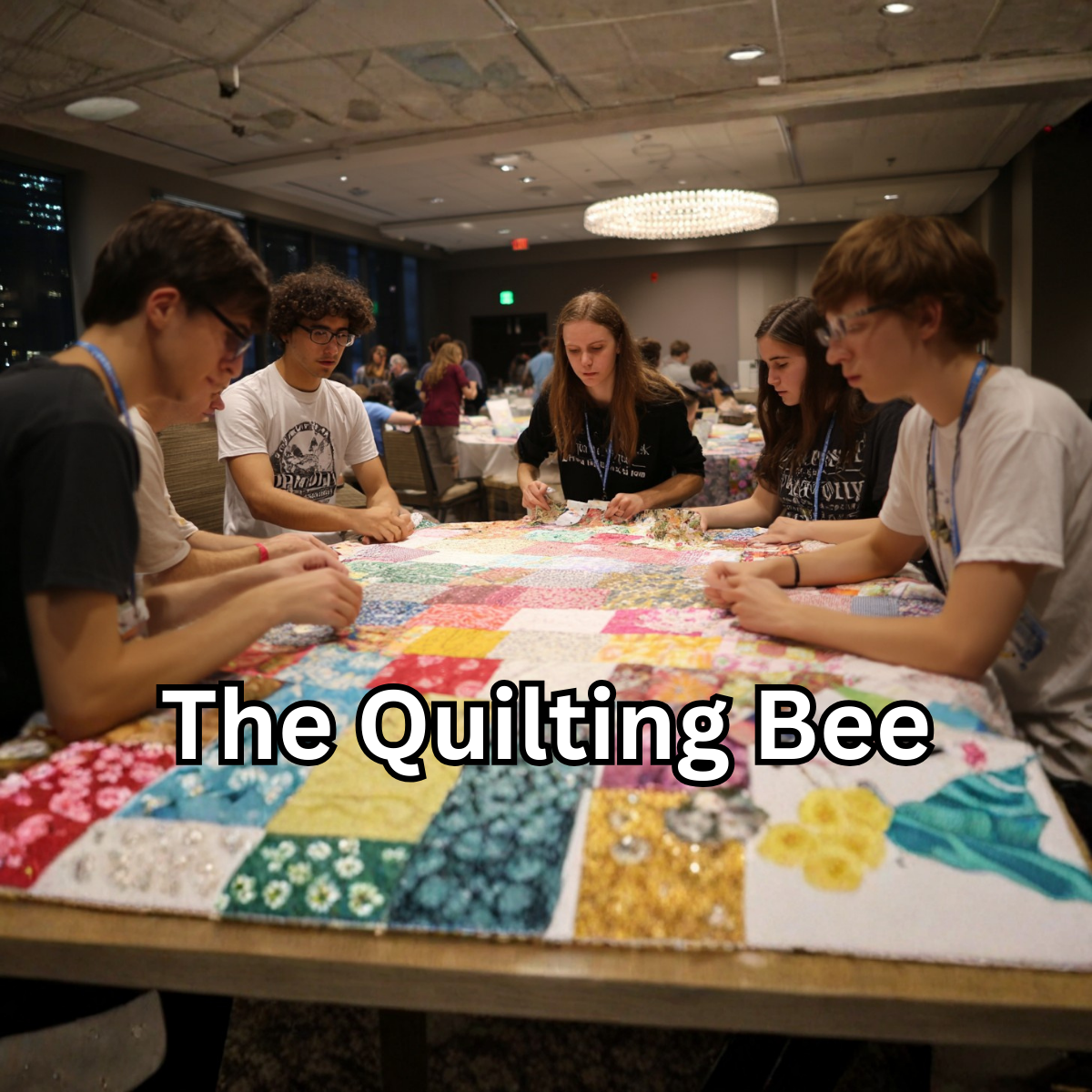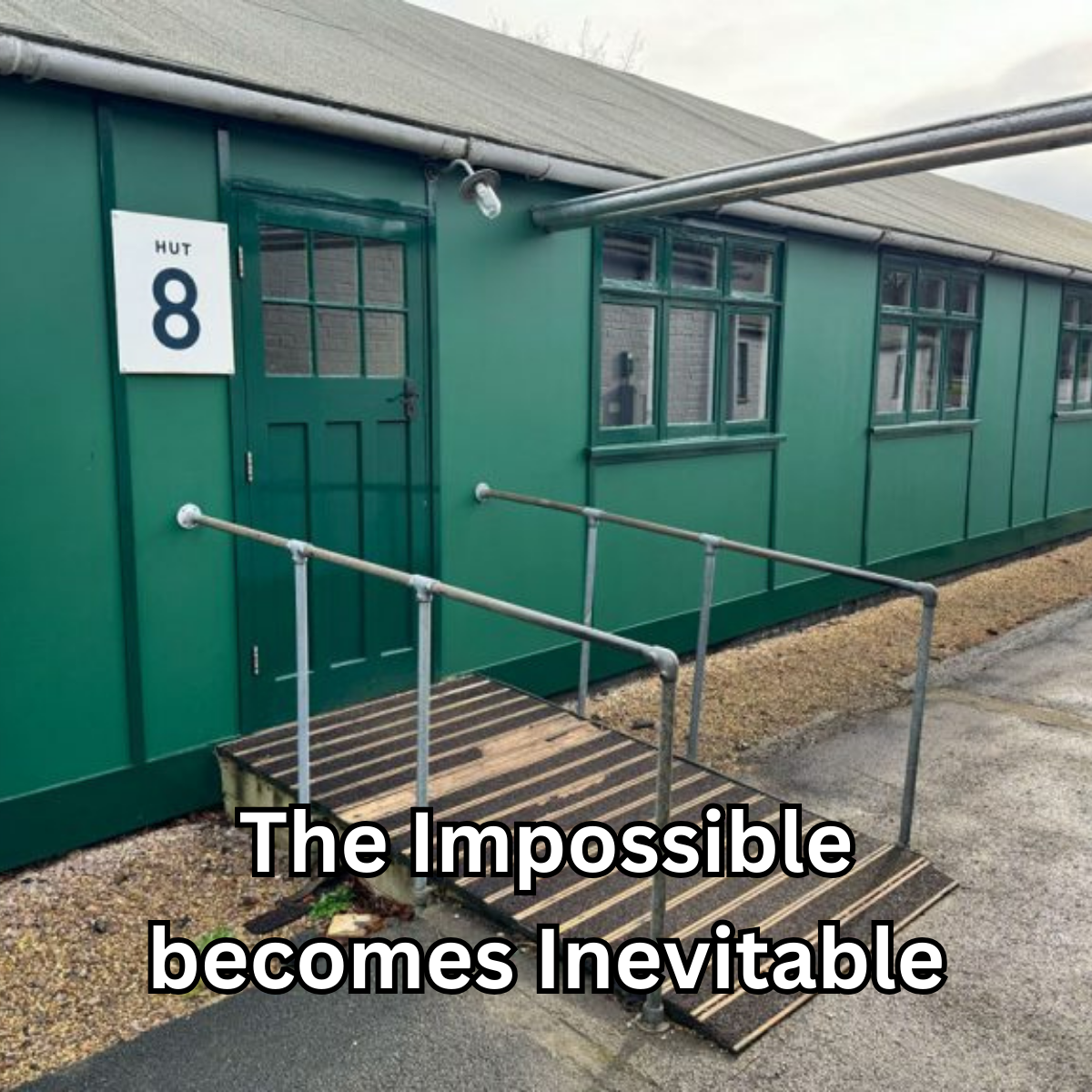If you are a chess player, the name Wilhelm Steinitz is familiar to you. He was the first recorded World Chess Champion. He was the first to really make chess mainstream with frequent writings on the subject. He was an Austrian who would later come to the U.S. He and contemporary Siegbert Tarrasch would become very influential in what now is classic chess theory. They were the first to popularize the concept of positional chess and would establish the ground rules that all beginning chess players learn in their first courses. Perhaps the most common positional consideration by these late 19th century chess players was the notion of center control. A quick lesson for you, if you never have played. The squares on the center of the board are the most vital to control, especially in the early stages of the game. The reasons are simple really, a powerful piece in the center of the board influences more squares. Control of space is a large contributing factor to success in the game of chess. That is not the only lesson that bridges into a life lesson, there are many others!
The chess world would get rocked in the 1920’s by the new breed of 19th century chess players. They would launch into a whole new series of chess opening strategies. A chess opening is what you would consider the first moves of the game. Classic chess usually involves moving one of the center pawns forward in an immediate attempt to influence control over the center squares. Aron Nimzowitsch, for example, completely up ended a few popular chess tournaments by winning decisive victories. His new approach was not to directly attack the center, in fact he would concede center control to his opponent. This was considered an act of heresy at the time! Anyway, his approach was to counter maneuver his pieces in an indirect methodology that vied for center control with major pieces and not pawns. He published a book called “My System” and even had several opening sequences named after him including the Nimzo-Indian Defense and of course the Nimzowitsch Defense.
The chess world exploded into a whole new way of thinking and as a consequence a whole new series of opening sequences entered the scene. If you were to walk into a chess club today, you will inevitably hear debates about which has the greater merit. The “Grünfeld”, The “Catalan”, or perhaps the “Pirc.” Nerds I tell you. I fit in perfectly. This would become hypermodernism and is one of the many schools of thought popular today. However, chess positional theory is not why I am writing this blog but it was necessary so that my one small little point could be understood!
Just like in chess, sometimes, directly attacking the center of the problem is not the answer. Many times, we need to follow the guidance of the hyper modern chess players by targeting the problem in an indirect manner, from a far and with an unconventional approach. Dealing with the primary problem is still very important. We must still do what we can to influence as much space as possible, but perhaps in many situations doing so directly will cause a clash that will leave opponents in the struggle with no real advantage. So, perhaps you should be less eager to open strong in all your thoughts and moves in life. Perhaps you should consider some sage advice from Nimzowitsch:
“Giving up the center must not here be regarded as illogical. Was happiness no happiness because it endured for just a short time? One cannot always be happy.”
“The threat is stronger than the execution.”
“Do not always be thinking of attack! Moves that safeguard your position are often far more prudent.”
“How is it to be explained that something inside me revolts against the playing of obvious moves? Perhaps we may perceive the underlying reason in the fact that I derive satisfaction from seeking to reveal the concealed meaning of a position by means of maneuvering play and therefore I do not wish to see this satisfaction curtailed by a banal, more or less fortuitous decision. Naturally, this phenomenon is played out beneath the threshold of consciousness. The waking consciousness will, of course, in each individual case, give preference to the more rapid means of deciding the game.”
“If in a battle, I seize a bit of debatable land with a handful of soldiers, without having done anything to prevent an enemy bombardment of the position, would it ever occur to me to speak of a conquest of the terrain in question? Obviously not. Then why should I do so in chess?”
“Ridicule can do much, for instance embitter the existence of young talents; but one thing is not given to it, to put a stop permanently to the incursion of new and powerful ideas.”
Guy Reams



